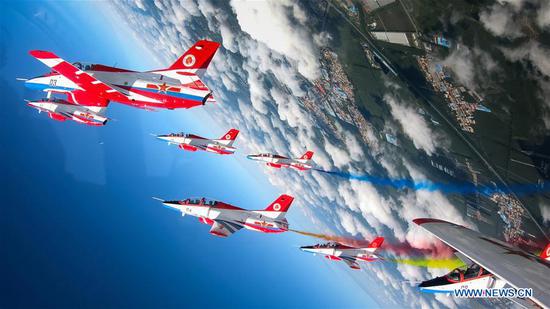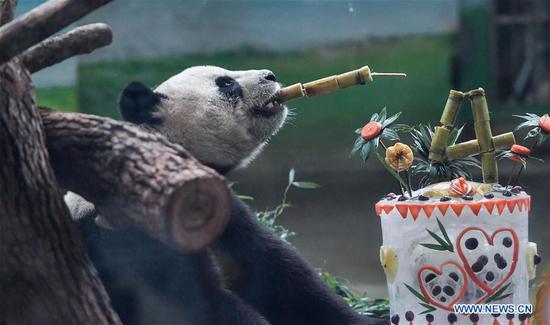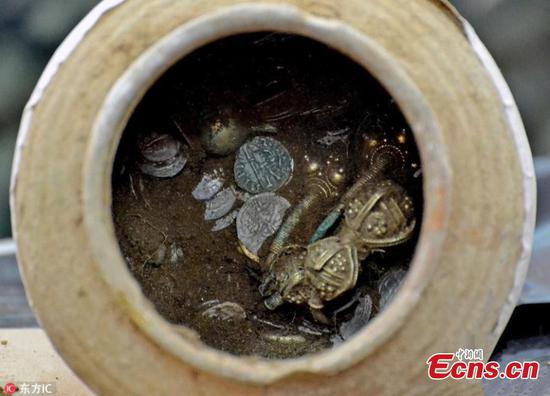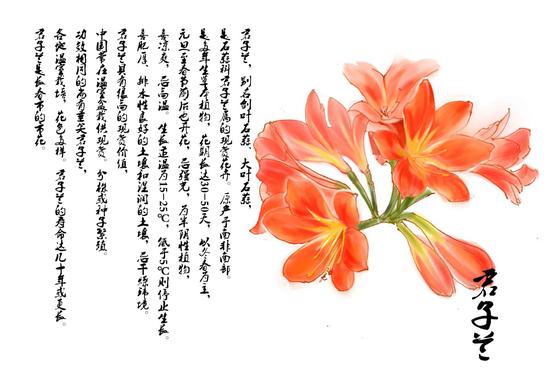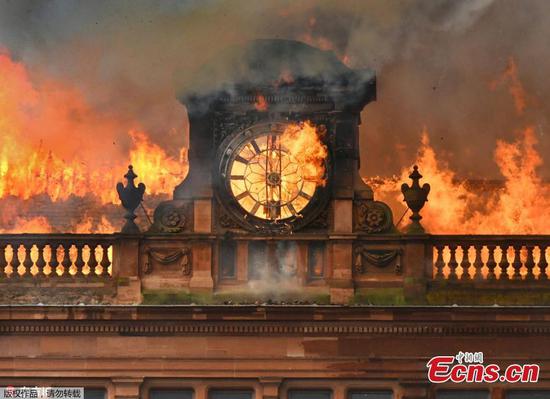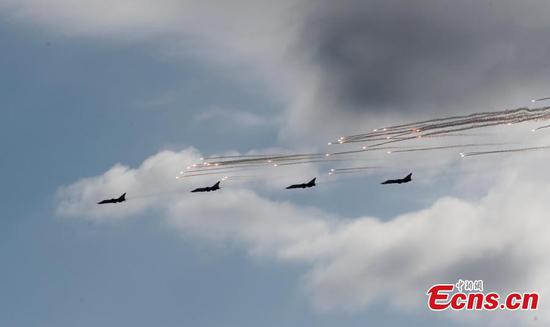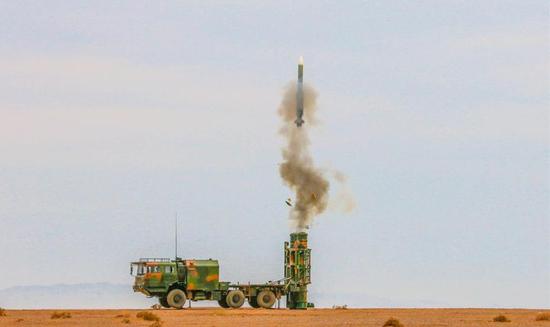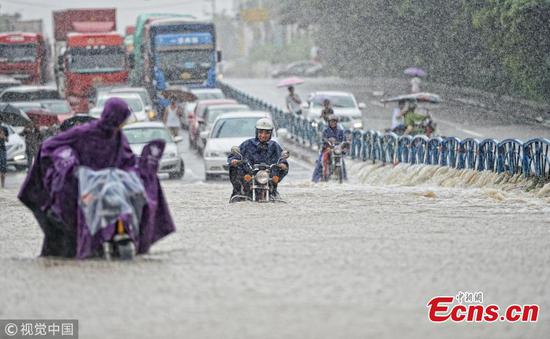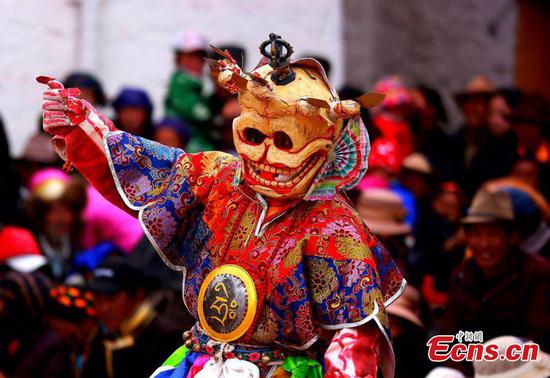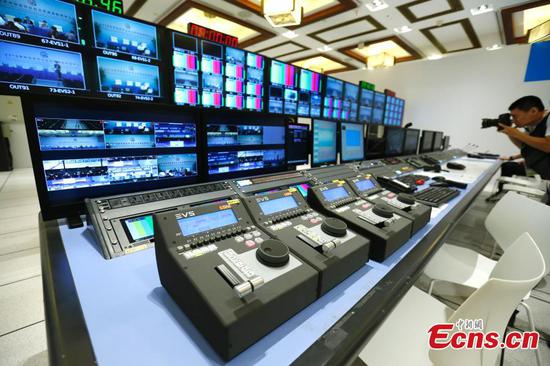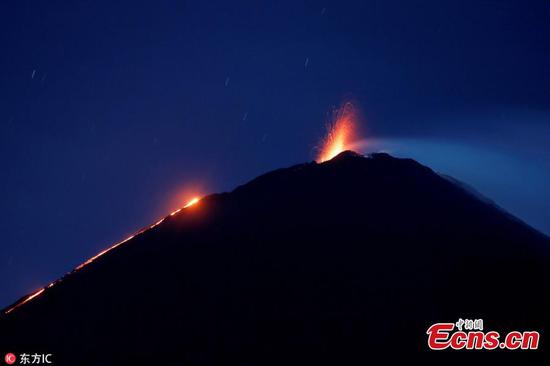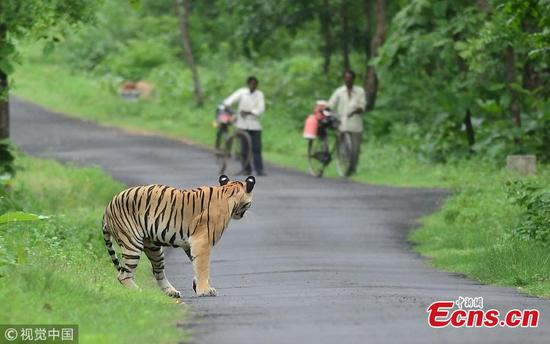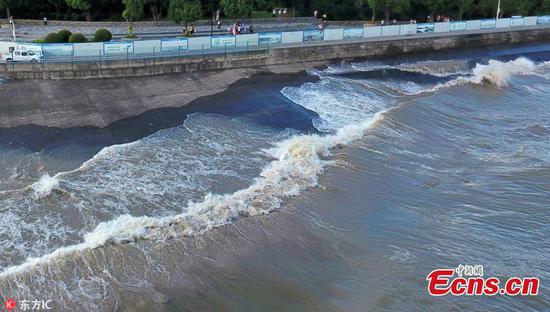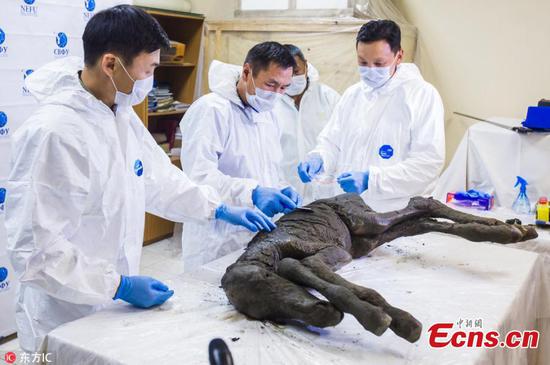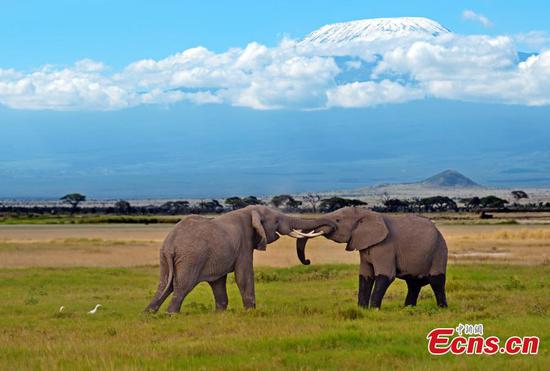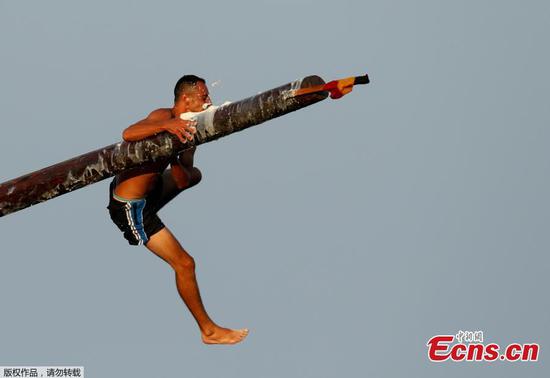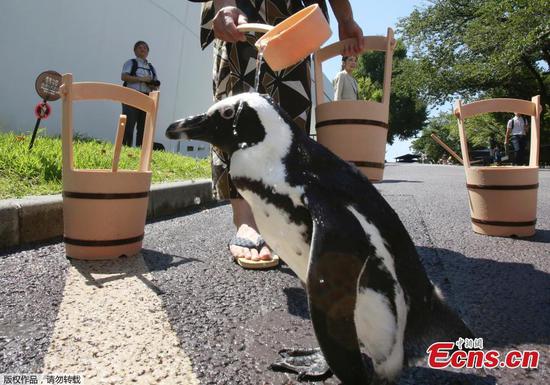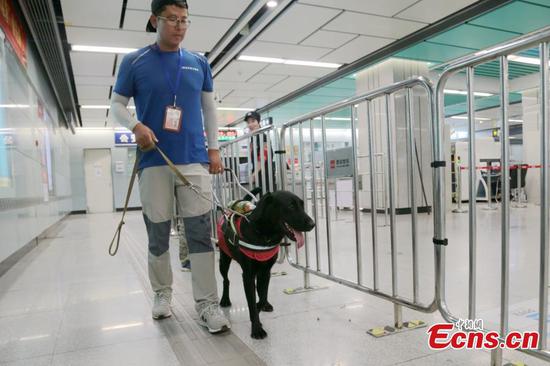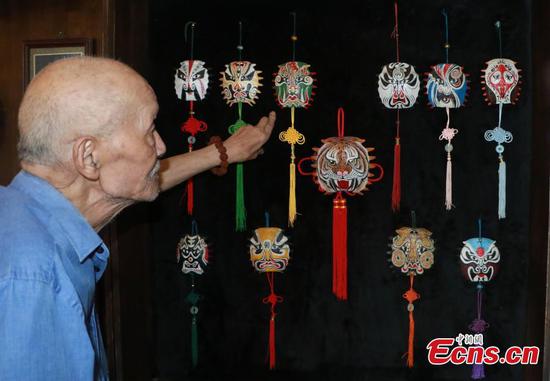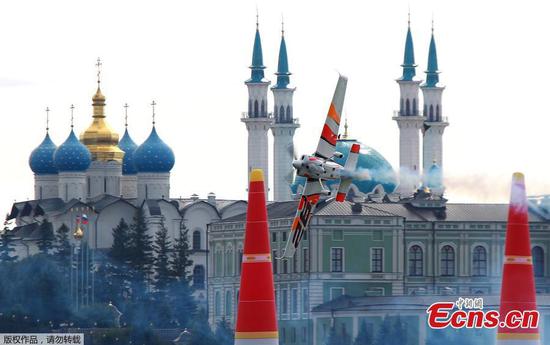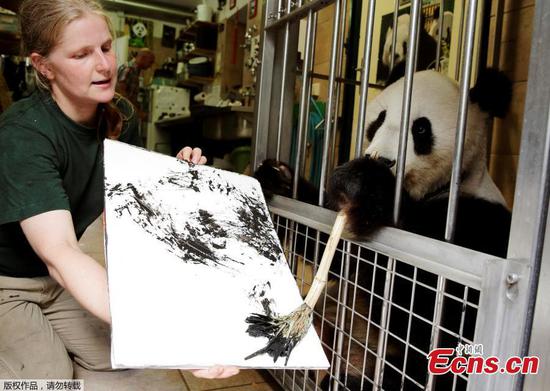China will continue working with African countries to improve their ability to tackle complex security issues ranging from piracy to epidemics, the Ministry of National Defense said on Thursday.
The China-Africa security relationship is a key component of building a community with a shared future between the two sides, ministry spokesman Senior Colonel Wu Qian said at a monthly regular news briefing.
China will support African countries in personnel training, peacekeeping operations, public health, humanitarian aid, maritime rescue efforts and other areas, Wu said, adding that this will "create a new era in China-African security relations, and contribute to regional and world peace".
Experts said that China's improving security cooperation with African countries, such as taking part in United Nations peacekeeping missions in Africa, can promote regional peace and security, as well as facilitate mutual development.
Since 1990, China has provided more than 37,000 personnel to 24 UN peacekeeping missions. China currently has 2,508 peacekeepers in seven operations, providing more personnel than the four other permanent members of the UN Security Council combined.
Most of China's troops are in mission zones in Africa and the Middle East, including Mali, the Democratic Republic of Congo, the Darfur region of Sudan, South Sudan and Lebanon, according to the UN.
Wang Hongyi, an expert on Sino-African relations at the China Institute of International Studies, said that over the years, Sino-African cooperation has diversified and deepened, and is increasingly characterized by rising investment and large infrastructure projects by China in Africa.
China-Africa trade volume rose by 14 percent year-on-year to $170 billion last year, making the country Africa's largest trading partner for nine consecutive years, Qian Keming, vice-minister of commerce, said on Tuesday.
Therefore, China needs to cooperate with African countries to protect mutual interests, "because without security, there is no investment, and thus no development," Wang said.
In 2015, President Xi Jinping pledged to set up a peacekeeping police unit and a peacekeeping standby force of 8,000 troops. The standby force has finished its registration process with the UN and will be deployed upon UN request, the Ministry of National Defense said in September.
The force includes members from 28 contingents and 10 categories, ranging from infantry battalions and quick-response forces to helicopter and unmanned aerial vehicle crews.
China's financial support to the UN peacekeeping budget has also jumped, from 3 percent of total contributions in 2013 to about 10.2 percent currently, making China the second-largest funder of peacekeeping operations behind the United States.
The UN is "very grateful" for China's contributions to peacekeeping, and the importance that China attaches to peacekeeping "sends a good message" to the rest of the world, Nick Birnback, spokesman for UN peacekeeping, told Xinhua News Agency in May.
China also sends well-trained, capable personnel on some of the most difficult missions, and "they allow us to be more effective on the ground," Birnback said. "We can rely on them to execute the very complicated mandates that are signed."
Wang said China still needs to improve its peacekeeping capabilities, such as training more specialists for peacekeeping fields, increasing communication and coordination with African countries, and better understanding global peacekeeping mechanisms and security trends.
"This will allow China to play a bigger role in UN peacekeeping missions, and operate more in line with the interests of mission-hosting countries," he said.
He Wenping, a senior research fellow at the Chinese Academy of Social Sciences, said China playing a role in peacekeeping missions is a practical way of fulfilling its duty as a responsible major nation and contributing to regional and world peace.
However, in recent years, some foreign media have misjudged China's intentions and portrayed Chinese peacekeeping efforts as attempts to establish a military foothold in Africa, she said.
"These notions are ridiculous and irresponsible," she said. "Peacekeeping is not part of a military presence. These ideas are disrespectful to China's 'blue helmets' who are risking their lives, and to the Chinese peacekeepers who have died."









